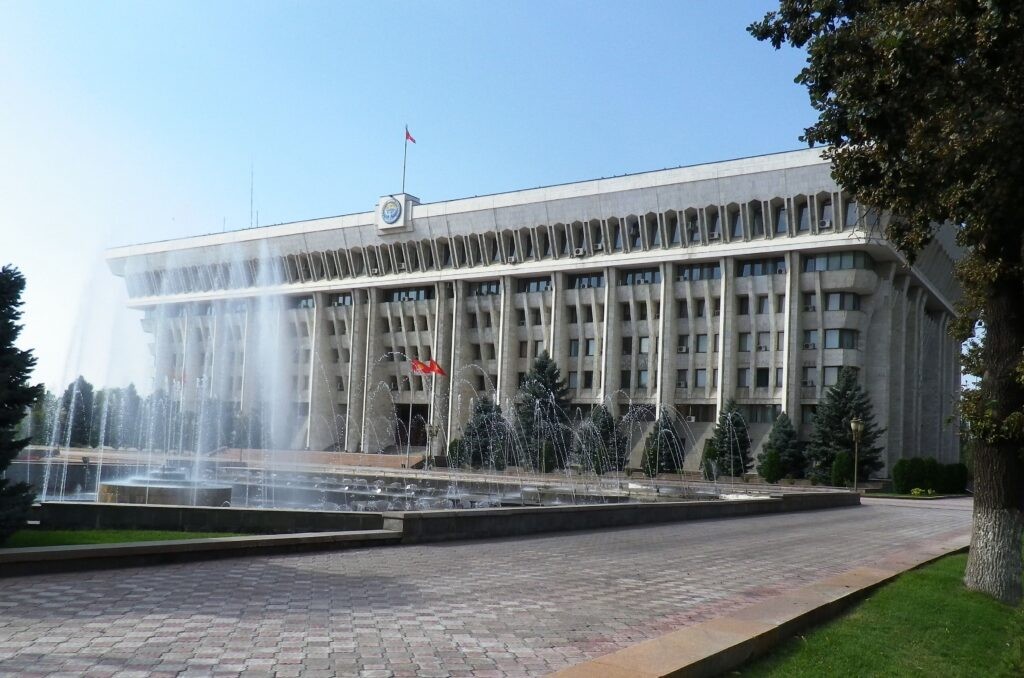Kazakhstan’s third stage of universal income declaration is underway. As part of the current stage, declarations must be submitted by entrepreneurs, company founders and directors, and their spouses. In 2025 yet another new stage of declarations, will commence which will oblige all adult citizens to submit declarations.
Currently, many entrepreneurs and small business owners use mobile transfers, which are intended for personal purposes. Such actions are illegal and violate the guidelines of the Entrepreneurial Code – Article 27, which stipulates that an entrepreneur may only use business accounts when carrying out commercial activities.
It’s specified in the law that mobile transfers and payments made for personal purposes are not taxable.
Regarding taxation of individuals in Kazakhstan, every adult citizen is obliged to pay taxes to fund the budget. Currently, individuals pay taxes applicable to their wages. One tax and two mandatory contributions are withheld from an employee’s official salary in Kazakhstan: Individual Income Tax (IIT); contributions for compulsory medical insurance (VOSMS); and mandatory pension contributions (MPC).
Individual income tax (IIT) is levied on the income of employees and transferred to the state treasury by the employer. According to Article 322 of the Tax Code, such income includes wages and salaries. In addition, income classified as in-kind (transfer of goods, securities, provision of services to an employee, non-paid transfer of property, etc.) and material benefit (cancellation of debt to an employee, sale of goods to them, etc.) are subject to personal income tax. According to paragraph 1 of Art. 320 of the Tax Code, the individual income tax rate for all types of income is 10%.
All Kazakhstan citizens who have a car are also subject to transportation tax. It includes excise tax on fuel and lubricants — the larger the engine volume of the car, the higher the tax burden due to high consumption of fuel and lubricants; a vehicle tax — the larger the engine displacement, the higher the tax burden; utilization fee, and fee for the initial registration of a motor vehicle.
Real estate owned by citizens is also taxed in Kazakhstan. The amount of tax depends on one’s type of property and is calculated for each object separately.
The value of property for tax purposes is determined on the basis of a formula by multiplying several indicators: the base cost per square meter, which depends on the specific city or type of settlement; usable area of the property ( in sq. m.); a coefficient indicating the physical deterioration of the dwelling, which is determined by taking into account the age of the building from the date of commissioning and depreciation; a functional wear coefficient, which depends on the floor, location, amenities, engineering condition and type of heating; a zoning coefficient, which takes into account the location of the property in a particular community; and the MRP change factor, which shows how much this indicator has increased compared to the previous year.








